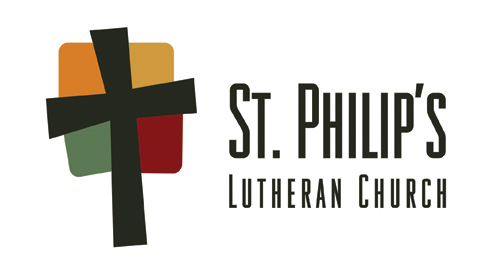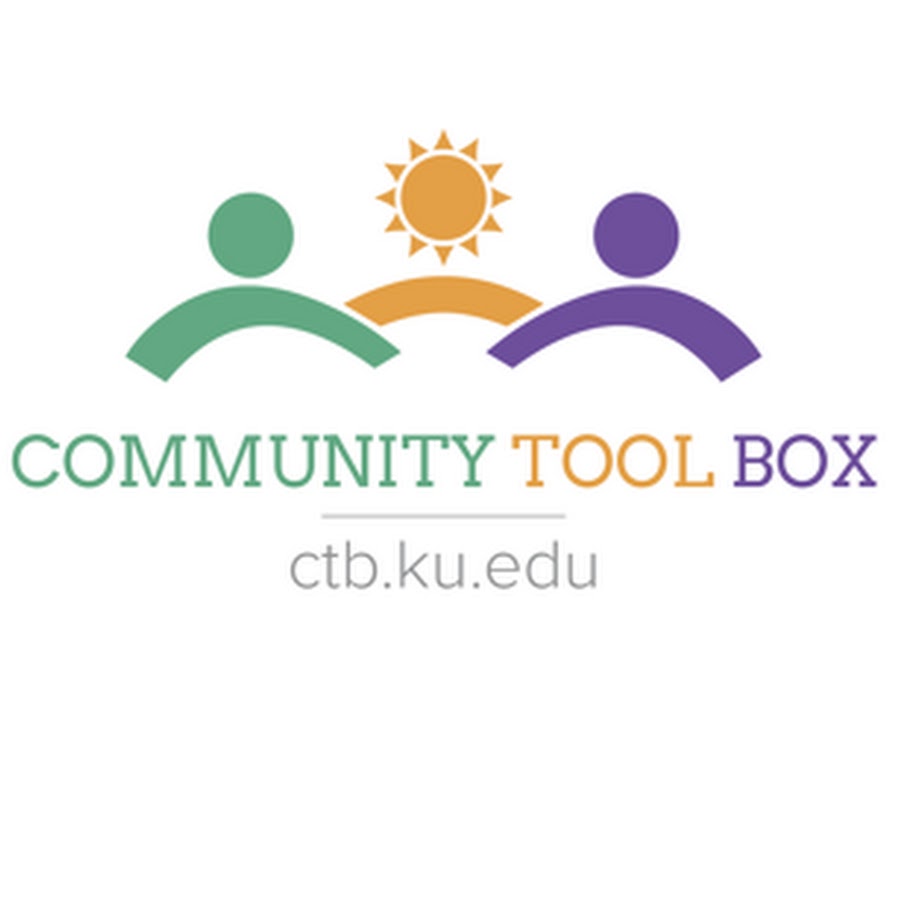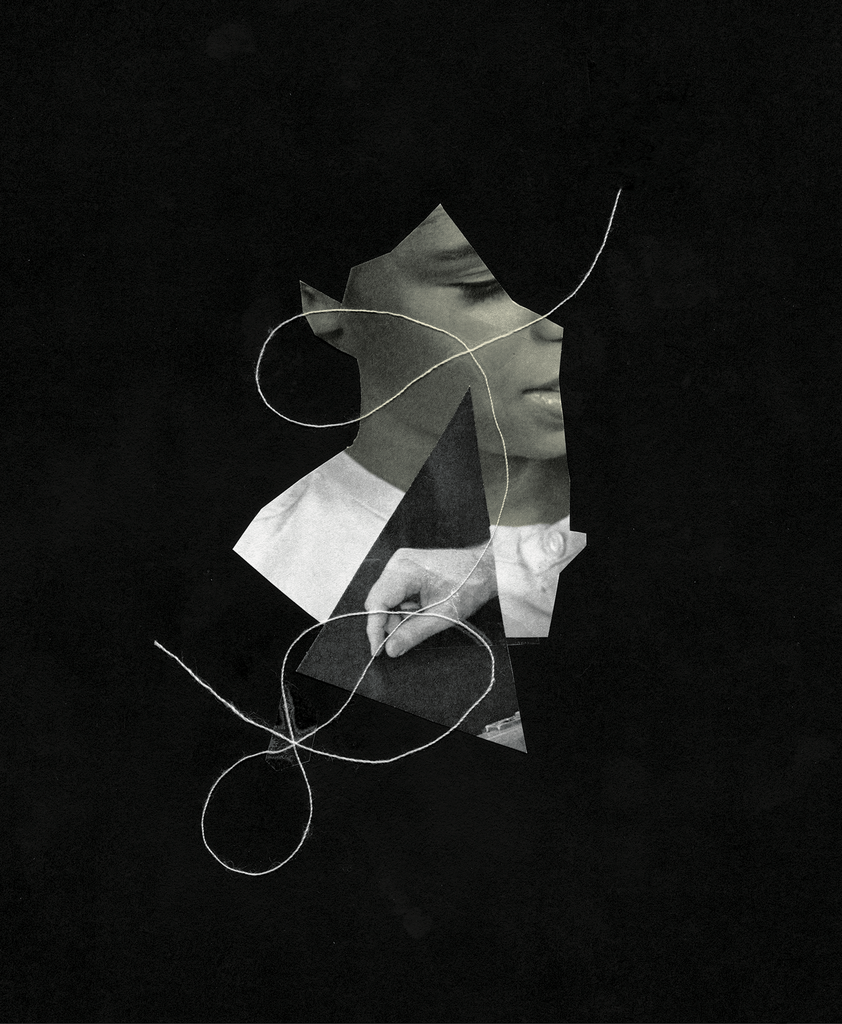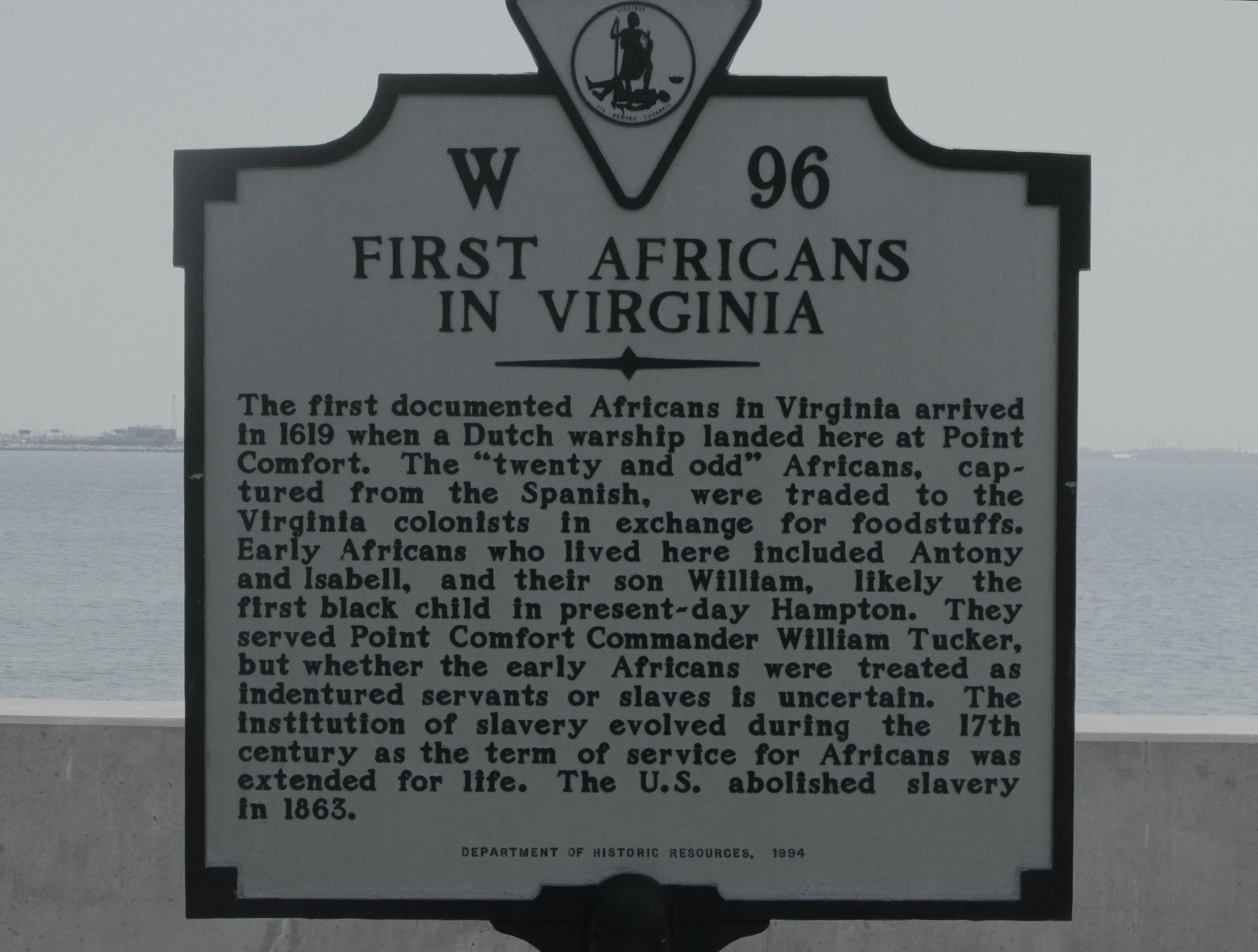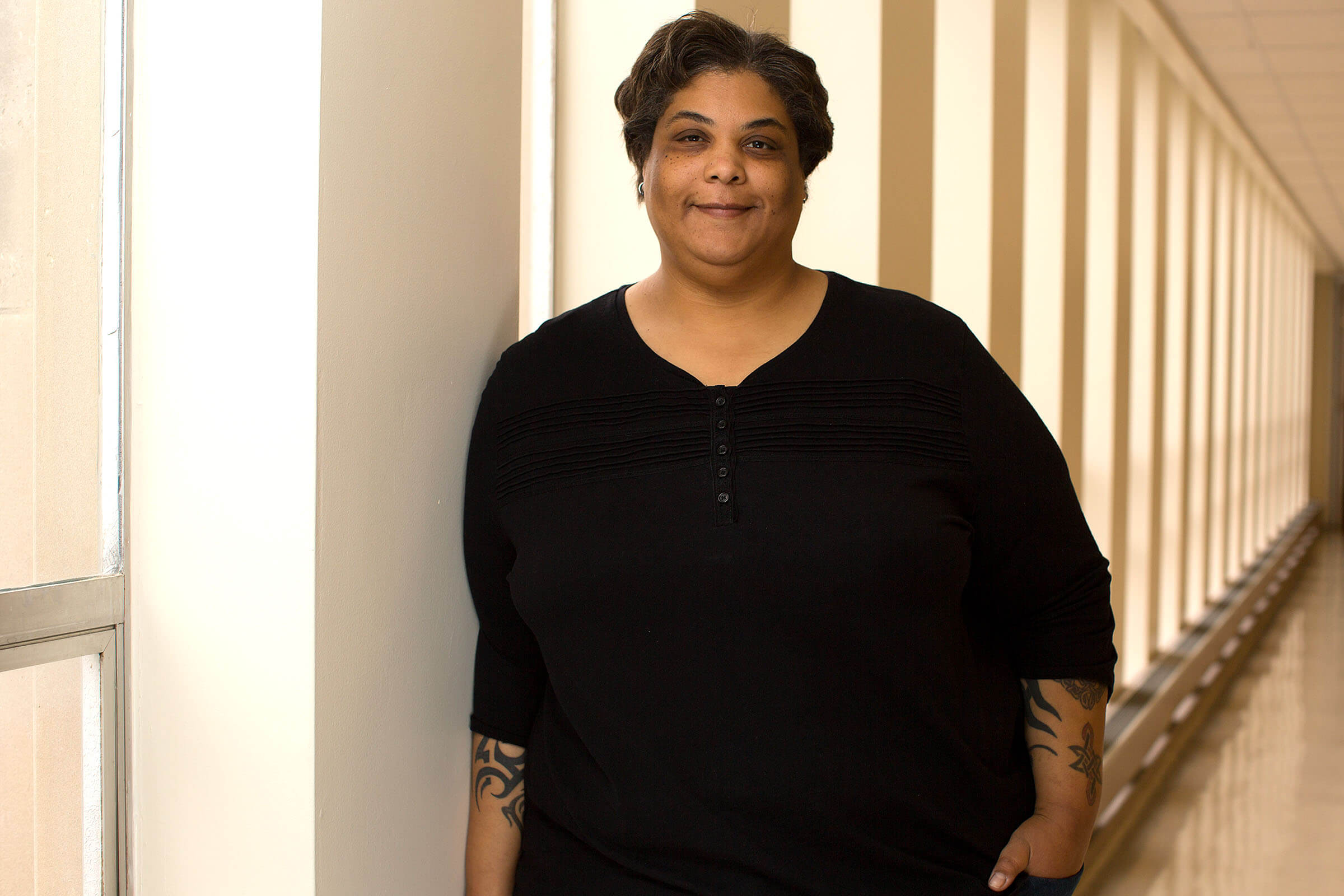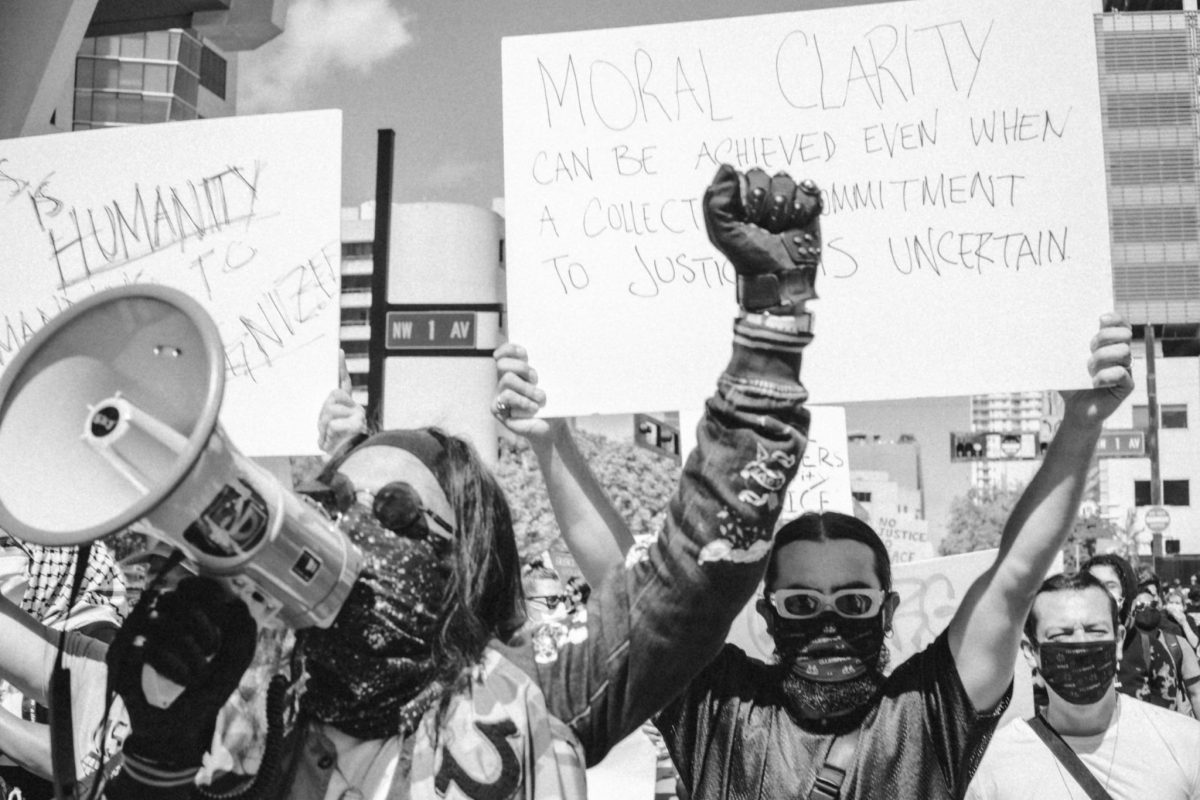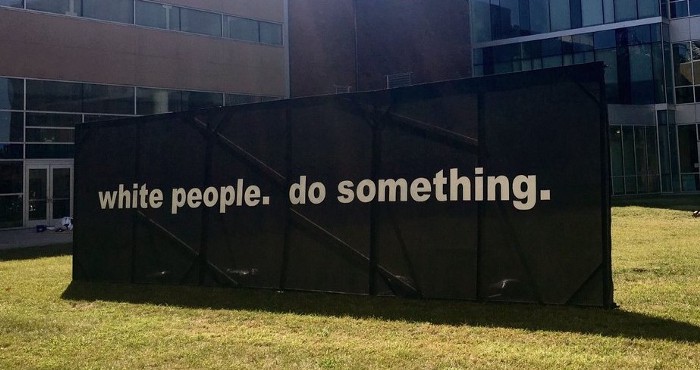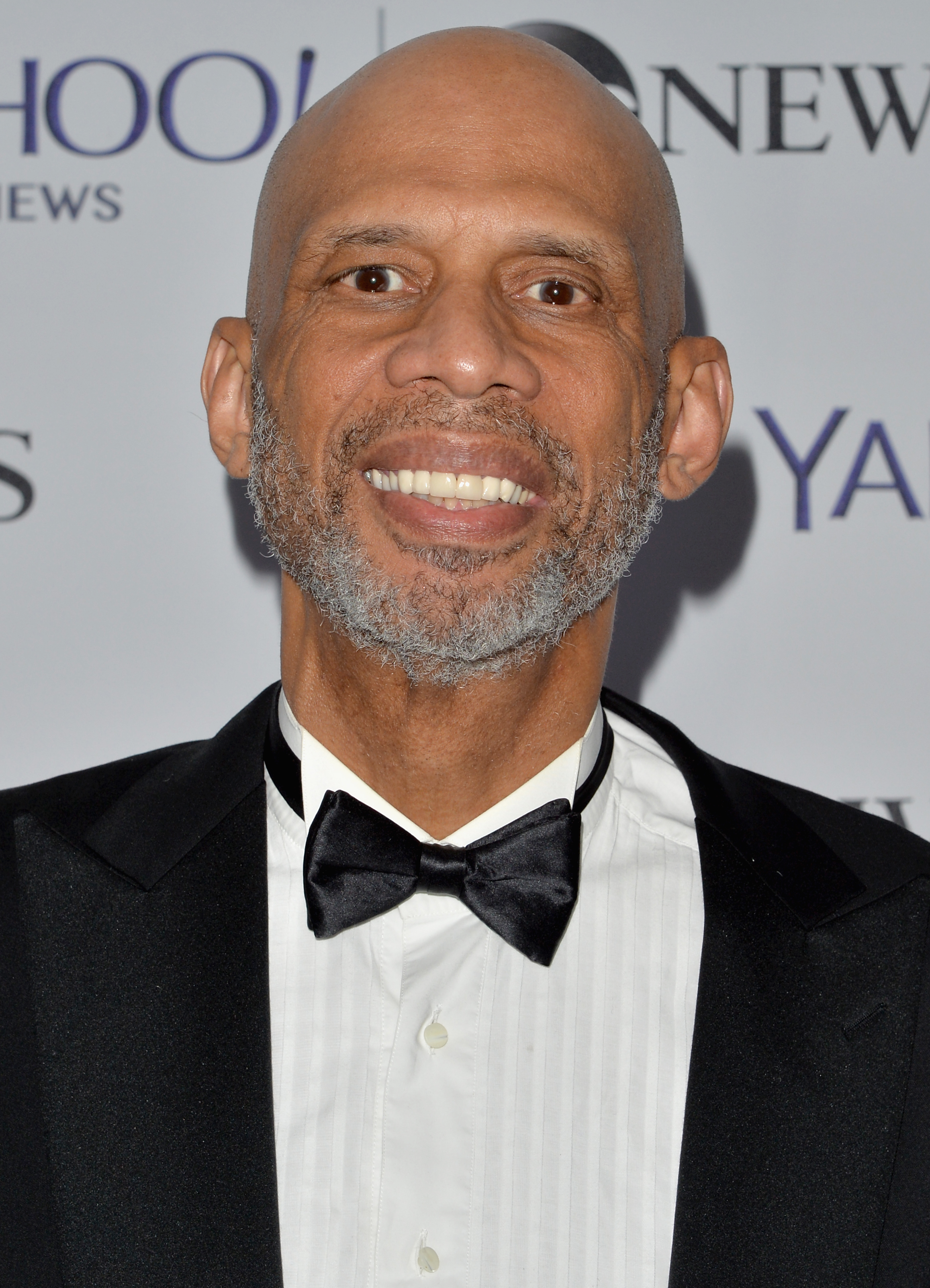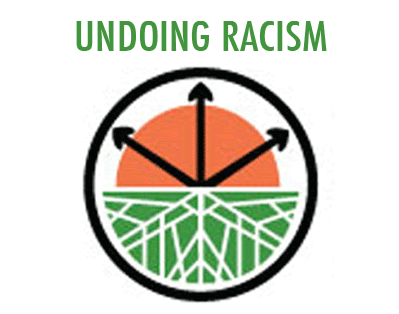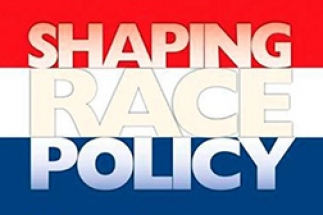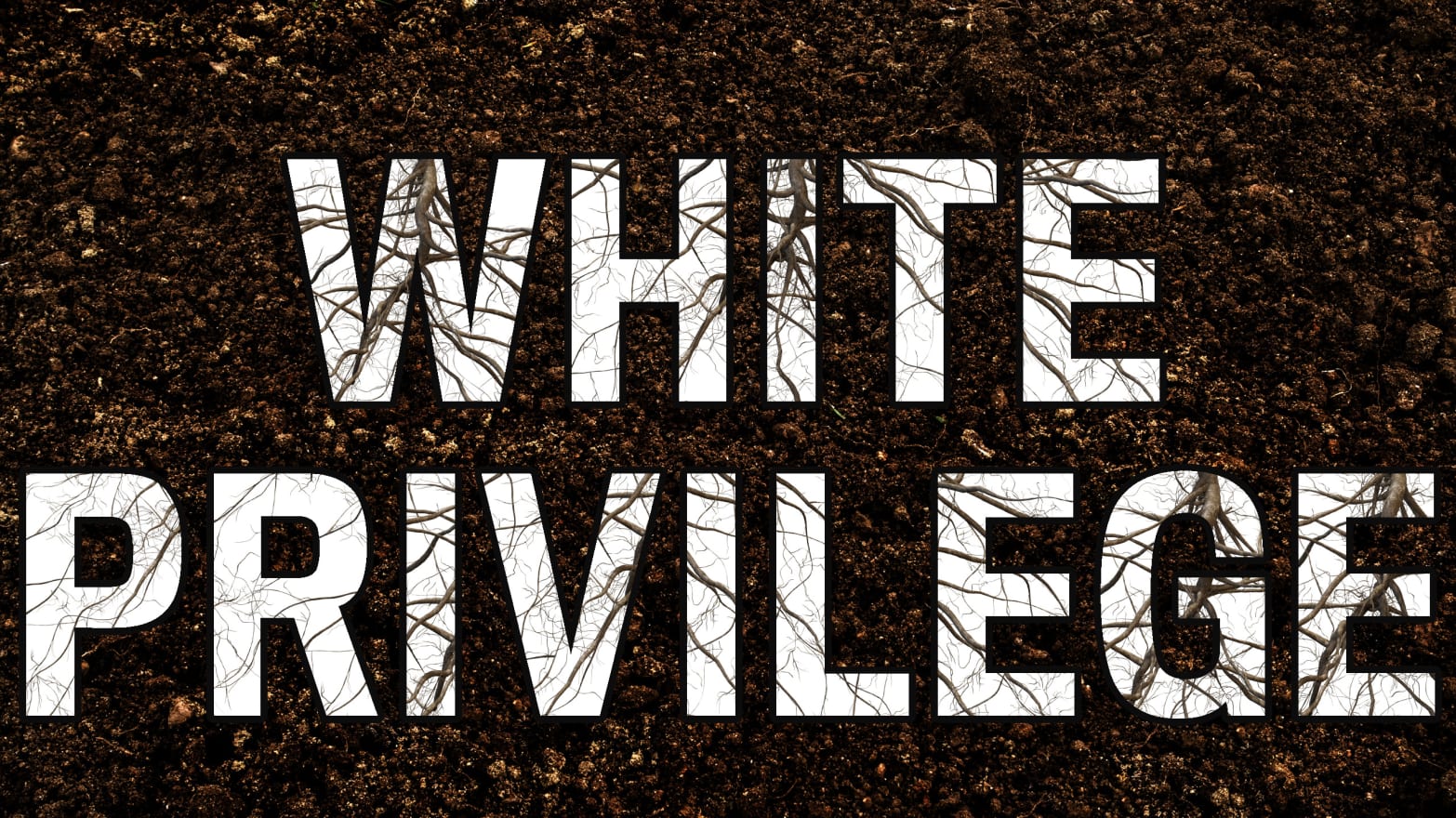Antiracism Resources
One of the largest obstacles to the work of Antiracism is the idea that “I’m not a racist.” Thus, we (those of us who are white, in particular) often fall into the trap of believing that we don’t need to engage in the work of Antiracism. But Antiracism work is really the work of not just changing hearts, but also policies that disadvantage people of color, whether by design or by effect. The start for those who are white is to begin learning how racism creeps into our society.
The resources below have been compiled by our Antiracism Task Force as a starting place to engage with those who seek to do justice in the world – a justice which we believe our baptism compels us to embrace.
Books on Antiracism
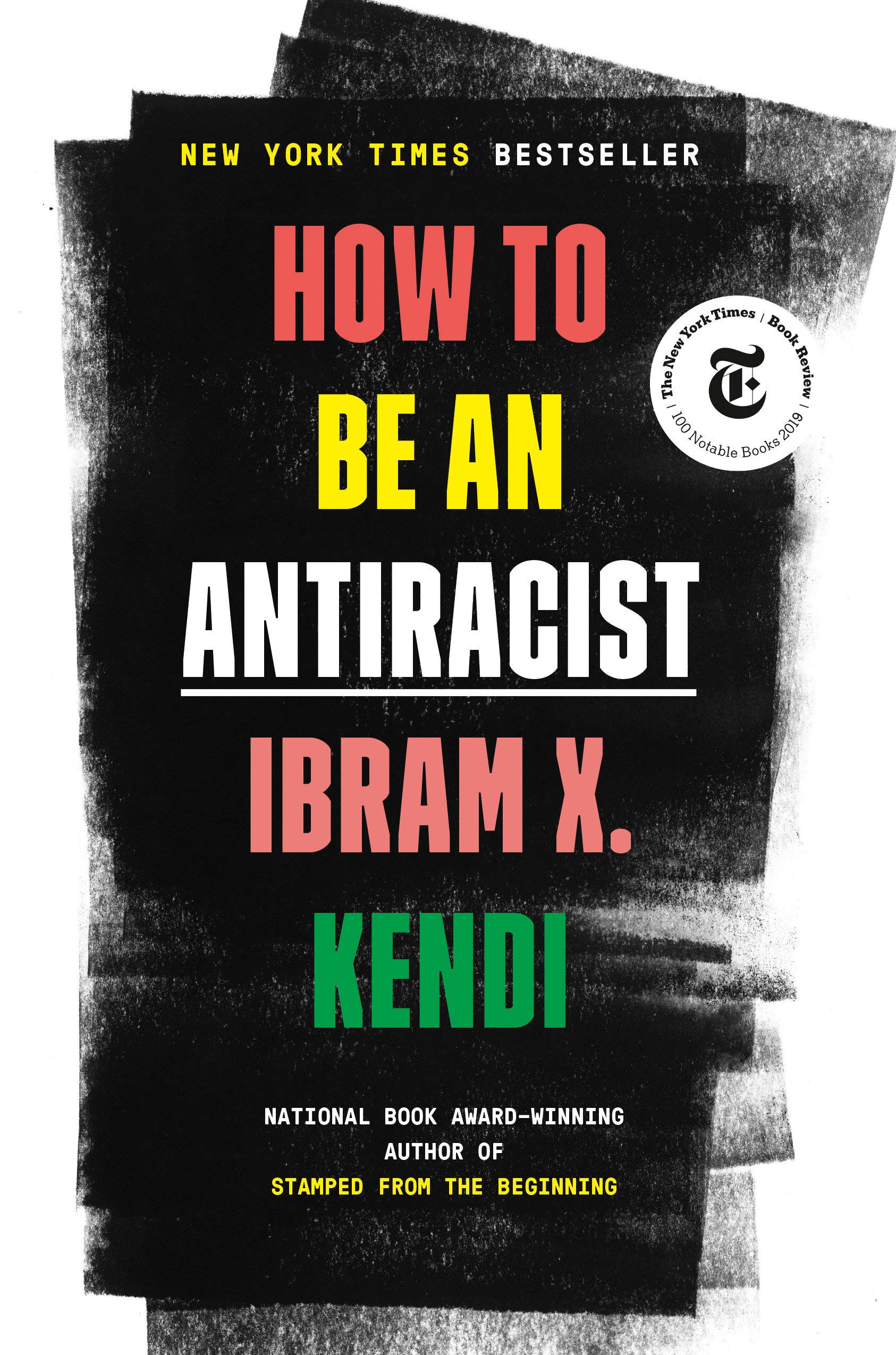
How to be an Antiracist by Dr. Ibram X Kendi – Dr. Ibram Kendi discusses his own experiences with and evolving thoughts about racism. Not only does he point out how racism pervades the white community, but he also shares his own racial prejudices. Central to his presentation is the notion that to combat racism, one must not merely be “against” racism, but must through words and deeds be actively “antiracist.”
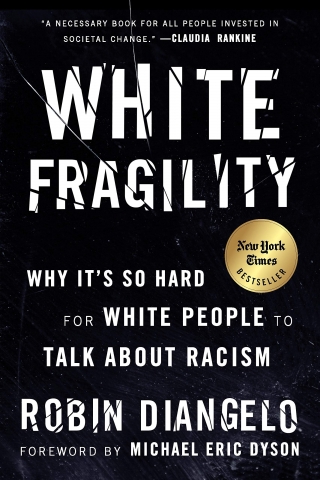
White Fragility by Dr. Robin Diangelo – Dr. Diangelo argues that racial prejudice permeates white society – often, and perhaps usually, without awareness. Like many commentators, she suggests that for most white people, racial prejudice does not take the form of active hostility toward persons of color. These unnoticed racial prejudices develop as an unspoken but powerful part of our upbringing. She points out common manifestations of these prejudices and discusses the vehement denial of them by white persons – hence the title “white fragility.” Dr. Diangelo argues that to combat racism, we must first be aware of these long-established though unnoticed prejudices.

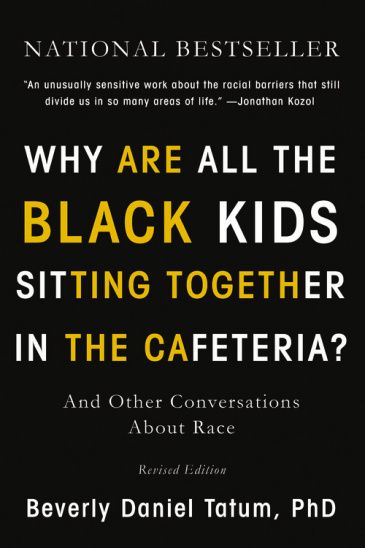
Why are All the Black Kids Sitting Together in the Cafeteria and Other Conversations About Race by Beverly Daniel Tatum, PhD – Walk into any racially mixed high school and you will see Black, White, and Latino youth clustered in their own groups. Is this self-segregation a problem to address or a coping strategy? Beverly Daniel Tatum, a renowned authority on the psychology of racism, argues that straight talk about our racial identities is essential if we are serious about enabling communication across racial and ethnic divides. These topics have only become more urgent as the national conversation about race is increasingly acrimonious.
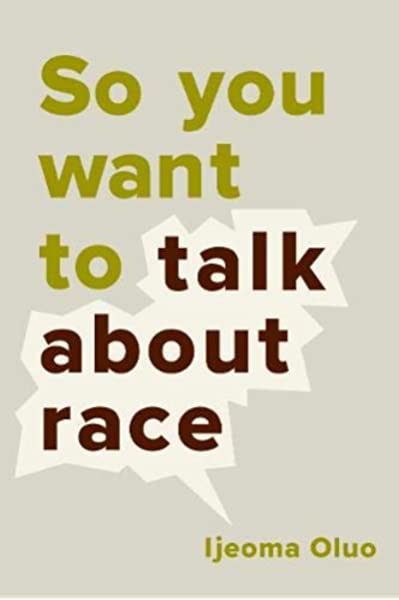
So you want to talk about race by Ijeoma Oluo – In this breakout book, Ijeoma Oluo explores the complex reality of today’s racial landscape–from white privilege and police brutality to systemic discrimination and the Black Lives Matter movement–offering straightforward clarity that readers need to contribute to the dismantling of the racial divide
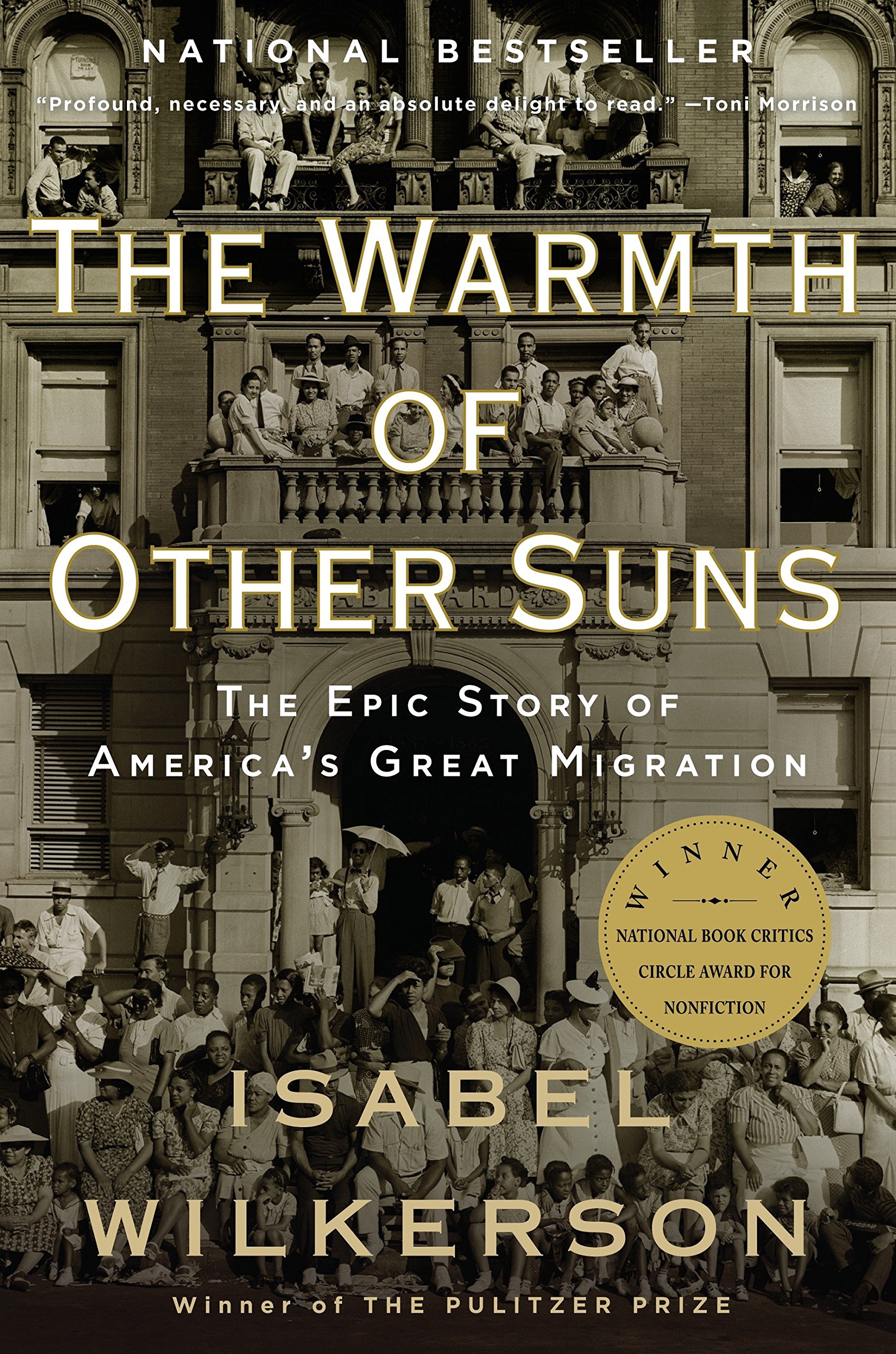
The Warmth of Other Suns: The Epic Story of America’s Great Migration by Isabelle Wilkerson – In this epic, beautifully written masterwork, Pulitzer Prize–winning author Isabel Wilkerson chronicles one of the great untold stories of American history: the decades-long migration of black citizens who fled the South for northern and western cities, in search of a better life.
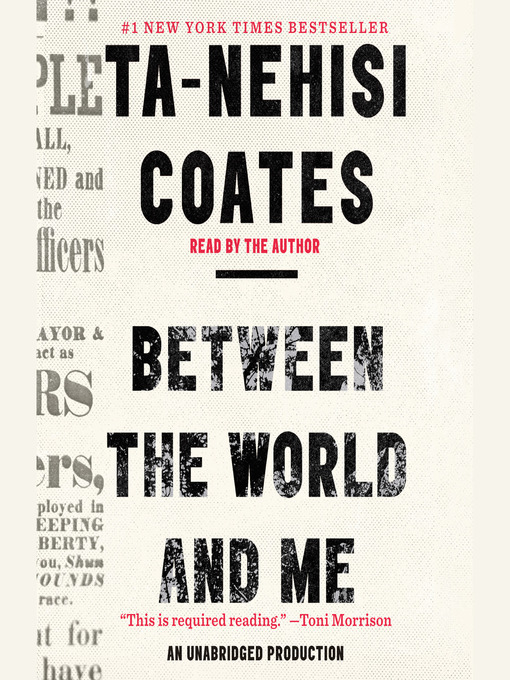
Between The World and Me by Ta-Nehisi Coates – In a profound work that pivots from the biggest questions about American history and ideals to the most intimate concerns of a father for his son, Ta-Nehisi Coates offers a powerful new framework for understanding our nation’s history and current crisis. Americans have built an empire on the idea of “race,” a falsehood that damages us all but falls most heavily on the bodies of black women and men—bodies exploited through slavery and segregation, and, today, threatened, locked up, and murdered out of all proportion.

The new Jim Crow: Mass incarceration in the age of colorblindness by Michelle Alexander – The New Jim Crow is a stunning account of the rebirth of a caste-like system in the United States, one that has resulted in millions of African Americans locked behind bars and then relegated to a permanent second-class status—denied the very rights supposedly won in the Civil Rights Movement
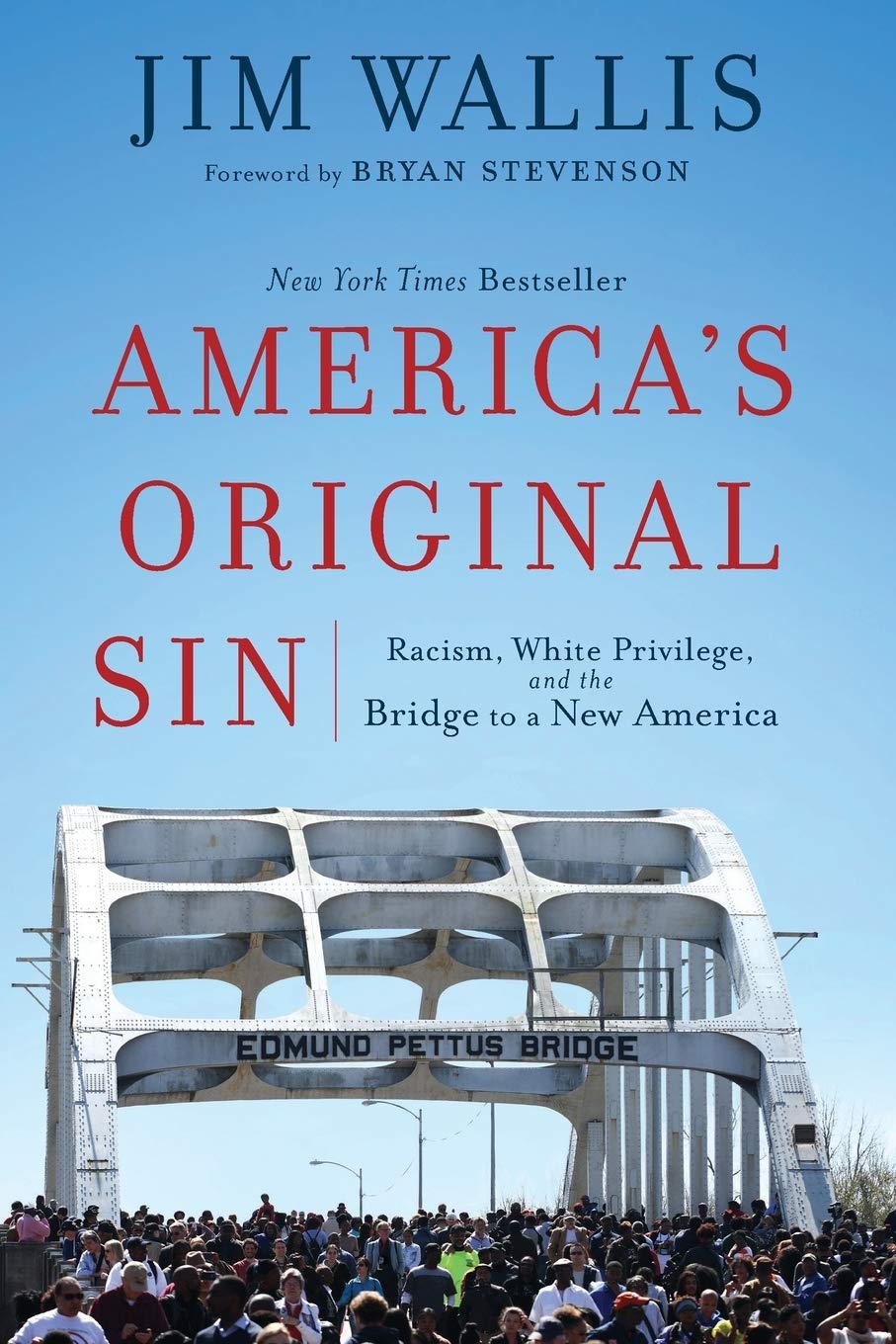
America’s original sin by Jim Wallis – In America’s Original Sin, Wallis offers a prophetic and deeply personal call to action in overcoming the racism so ingrained in American society. He speaks candidly to Christians–particularly white Christians–urging them to cross a new bridge toward racial justice and healing. Fifty years ago, Wallis was driven away from his faith by a white church that considered dealing with racism to be taboo. His participation in the civil rights movement brought him back when he discovered a faith that commands racial justice. Yet as recent tragedies confirm, we continue to suffer from the legacy of racism. The old patterns of white privilege are colliding with the changing demographics of a diverse nation. The church has been slow to respond, and Sunday morning is still the most segregated hour of the week.
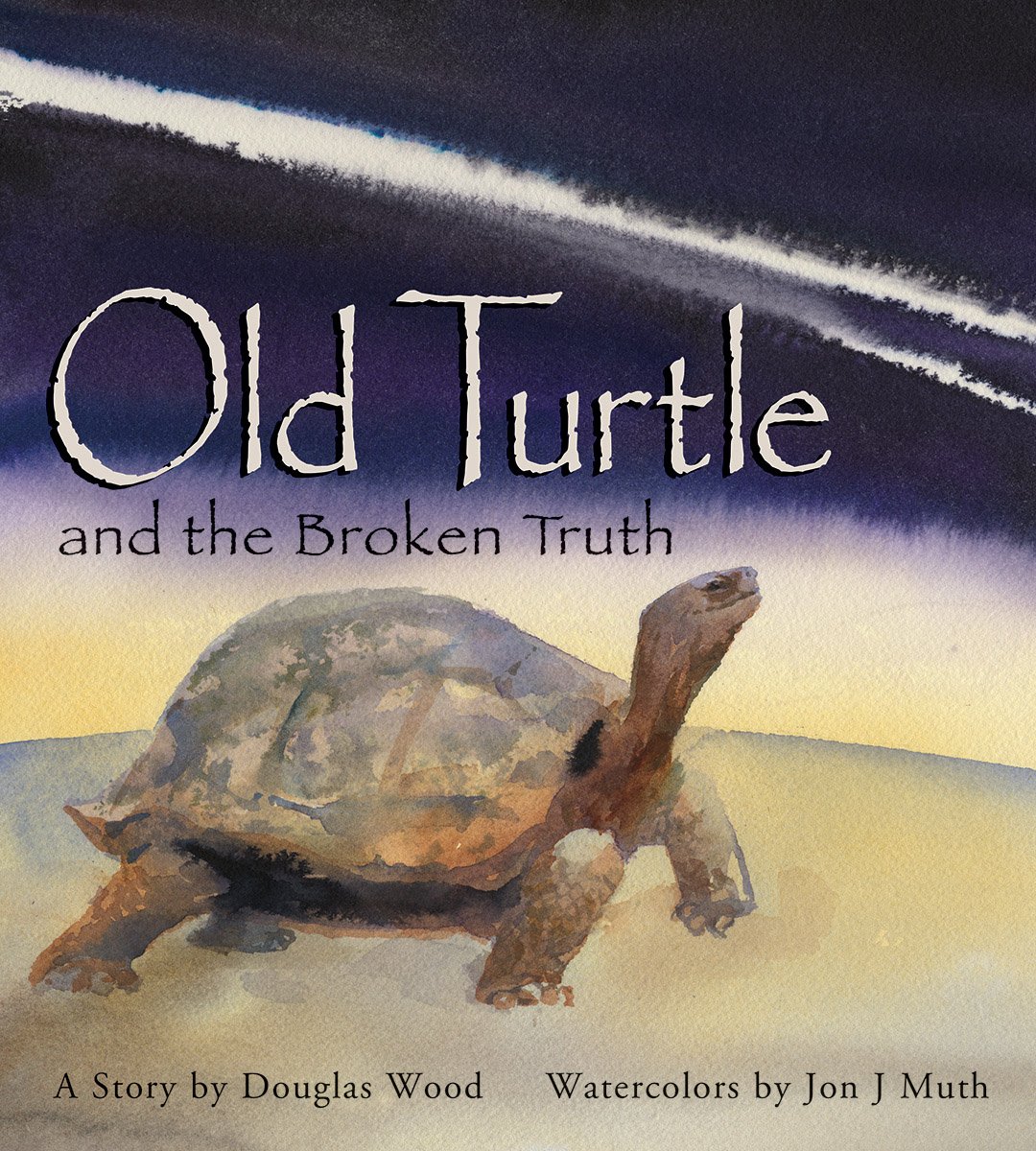
Old turtle and the broken truth by Douglas Wood – Once in a far away and lovely place, where “every stone was a teacher and every breeze a language,” a truth falls from the sky and breaks in half before it lands. Various animals pick up this shiny stone of truth but sense that it is not whole; something is missing. Then a human being comes across the discarded truth and sees a message written on it: “You are loved.” He shares this treasure with his community and soon they have forgotten the beauty of the natural world around them and are obsessed with their truth. At the same time that it makes them feel proud and strong, their version of the truth creates fear and anger in them for others who do not share their truth. Soon there are wars and much suffering in the land. Not only for the people, but for the stones and the trees. A little girl who is upset by the warfare and the suffering seeks the wise counsel of Old Turtle. He tells her that there are many truths to be found in the world and within ourselves. The Old Turtle also reveals the second half of the broken truth — one that hopefully will inspire all readers, young and old, to open their hearts, minds, and souls to those on a different path than our own.

Autobiography of Malcolm X As told to Alex Haley – In the searing pages of this classic autobiography, originally published in 1964, Malcolm X, the Muslim leader, firebrand, and anti-integrationist, tells the extraordinary story of his life and the growth of the Black Muslim movement. His fascinating perspective on the lies and limitations of the American Dream, and the inherent racism in a society that denies its nonwhite citizens the opportunity to dream, gives extraordinary insight into the most urgent issues of our own time
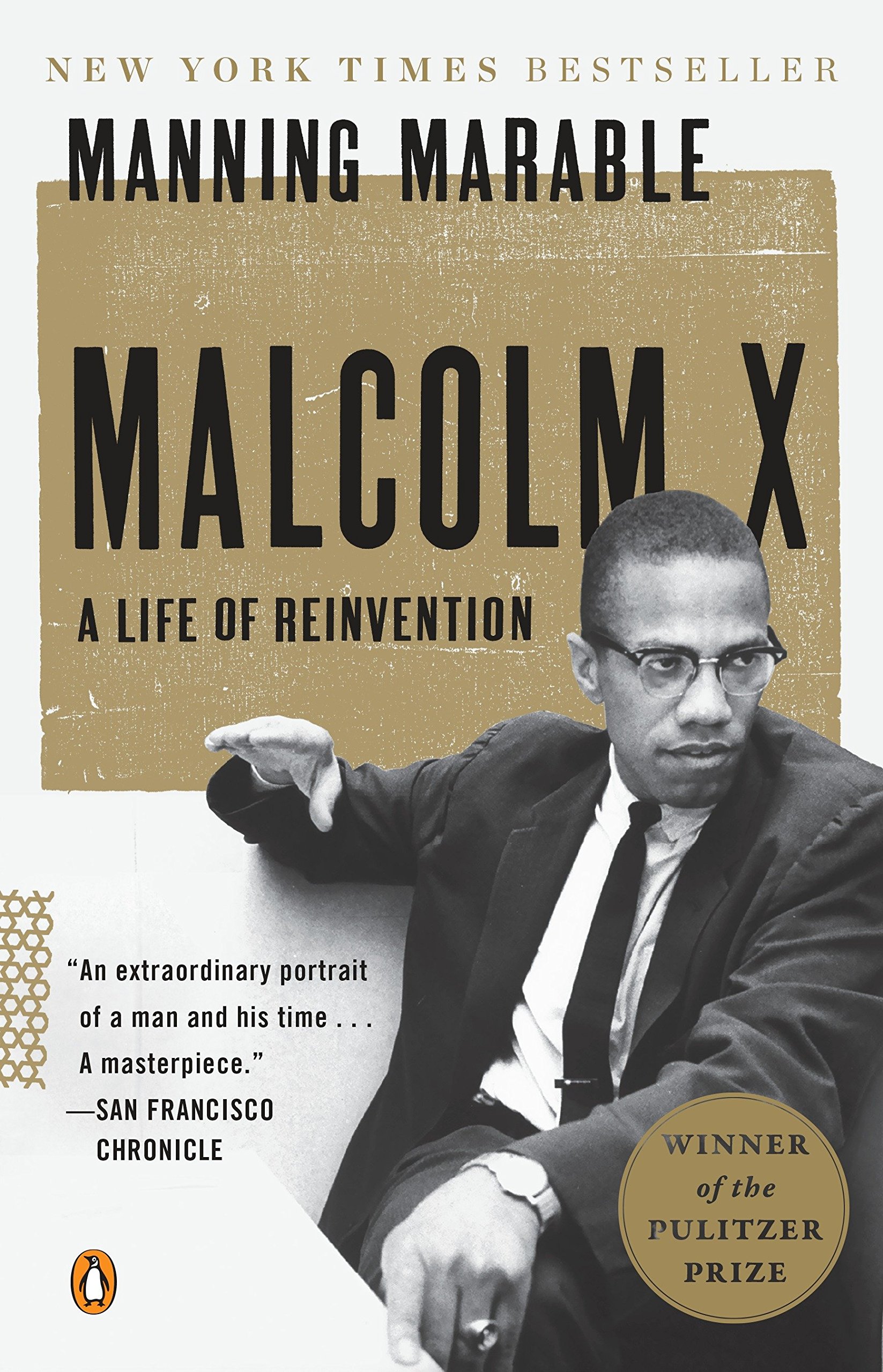
Malcolm X by Manning Marable – Malcolm X unfolds a sweeping story of race and class in America. Reaching into Malcolm’s troubled youth, it traces a path from his parents’ activism as followers of Marcus Garvey through his own work with the Nation of Islam and rise in the world of black nationalism, and culminates in the never-before-told true story of his assassination.

Fire Next Time by James Baldwin – At once a powerful evocation of James Baldwin’s early life in Harlem and a disturbing examination of the consequences of racial injustice, the book is an intensely personal and provocative document from the iconic author of If Beale Street Could Talk and Go Tell It on the Mountain. It consists of two “letters,” written on the occasion of the centennial of the Emancipation Proclamation, that exhort Americans, both black and white, to attack the terrible legacy of racism.

Roll Jordan Roll by Eugene Genovese – Displaying keen insight into the minds of both enslaved persons and slaveholders, historian Eugene Genovese investigates the ways that enslaved persons forced their owners to acknowledge their humanity through culture, music, and religion. He covers a vast range of subjects, from slave weddings and funerals, to language, food, clothing, and labor, and places particular emphasis on religion as both a major battleground for psychological control and a paradoxical source of spiritual strength.
Articles on Antiracism
There are several websites and articles listed below. Click on any of the images to connect to these resources.
What to the slave is the fourth of July by Frederick Douglass – Frederick Douglass (escaped slave, orator and abolitionist) gave this speech on July 5, 1852 at the invitation of an abolitionist society in New York state. He was invited to speak on July 4, Independence Day, but chose July 5th instead. Douglass highlights the searing irony that even during the height of slavery, black people were expected to help celebrate Independence Day, commemorating America’s freedom from Great Britain. The irony being that much of America’s prosperity, especially in the American south, was due to the labor of slaves, who not only did not share the freedom celebrated on July 4th, but were simply considered taxable property in the US Constitution.
Learning to be an ally for people from diverse groups and backgrounds – Chapter 27 from The Community Tool Box, a service of the Center for Community Health and Development at the University of Kansas – Mind your own business.”Does that phrase sound familiar? Many of us heard that phrase in our families growing up. As community builders, there may be many times when we really need to mind our own business, but often our work requires us to be involved with other people and make their business ours. We need to get to know people, find out what they’re up against, and support them in their struggles. That’s a lot of what allies do–get involved and support people, instead of staying on the sidelines. If we want to develop effective partnerships and coalitions, we need to learn how to be active allies to each other’s groups. If we want people to stand up for our concerns and interests, we need to understand and stand up for theirs. If we want to make changes in society so that oppression is not acceptable, we need to learn how to work together as each other’s allies.
Wanted to know what white men thought about their privilege so I asked by Claudia Rankine – The New York Times Magazine published Rankine’s essay that reflects on what it means to examine white male privilege in American society. The essay, “I wanted to know what white men thought about their privilege. So I asked,” is an excerpt from a forthcoming book of essays Rankine has penned, entitled Just Us: An American Conversation (Gray Wolf Press, September 2020). Rankine, a black woman, shares her discussions with white men about their thoughts to the idea of white male privilege.
The 1619 Project – This project commemorates the 400th anniversary of the arrival of enslaved Africans in the English colonies and its legacy. The first 20–30 enslaved Africans in the English colonies of mainland North America arrived in Virginia in August 1619. The project re-examines the legacy of slavery in America, at the anniversary of the 1619 arrival of the first slaves to Virginia, challenging the notion that the history of the United States began in 1776. This New York Times audio series includes a variety of segments.
Remember, no one is coming to save us by Roxane Gay (Phil Lind Initiative speaker for New York Times 2020 series Thinking While Black.) – “Eventually doctors will develop a coronavirus vaccine, but black people will continue to wait, despite the futility of hope, for a cure for racism,” writes Roxane Gay, renowned cultural critic and a Phil Lind Initiative speaker for our 2020 series Thinking While Black. In this New York Times article, the writer – with unembellished clarity and forthrightness – voices the blatant injustices and racism faced by Black communities in the United States. In light of the continued killings of innocent Black civilians including George Floyd, Roxane Gay emphasizes the accumulation of unreleased feelings of ‘rage, disempowerment and injustice’ suffered by Black folks, doubly exasperated by the debilitating effects of the ongoing COVID-19 pandemic: “The rest of the world yearns to get back to normal. For black people, normal is the very thing from which we yearn to be free.”
Reckoning with white supremacy: five fundamentals for white folks by Lovey Cooper. Published in Scalawag Magazine, June 1, 2020 – As demonstrations in response to the murders of George Floyd, Ahmaud Arbery, Breonna Taylor, and countless others gain momentum across the United States, many white people nationwide are being forced to confront the idea that flashpoints like this are not isolated missteps within an otherwise faithful system. Rather, more and more white folks are realizing each day that the very fabric of our society is in fact based on enduring violence against Black people and other marginalized groups. Ms Cooper offers five basic ideas well-meaning white persons should consider in formulating an understanding of how our culture has and continues to enable violence against marginalized groups.
75 things white people can do for racial justice by Corinne Shutack, published in Medium – The author lists a variety of actions/practices that could advance racial justice.
Don’t understand the protests? What you’re seeing is people pushed to the edge – Op-Ed by (pro basketball legend) Kareem Adul-Jabbar in the Tribune News Service, June 05, 2020 – Jabbar asks the reader to consider how a variety of instances of violence and prejudice against black persons and the aftermath of those incidents might be understood by people of color and by white people. He calls for “…not a rush to judgment but a rush to justice.”
We are not okay. And you shouldn’t be either by Meg K. Guilford in the Duck of Minerva blog, 5/31/2020 – The author, a young black woman earning a Ph.D. in International Relations at Tufts University, describes her fears about safety as she goes about ordinary life activities. She points out that other black people going about their routine daily activities have succumbed to violence at the hands of white people – for example, even taking a jog can become a fatal choice, as Ahmaud Arbery discovered. This commentary aims to help the reader better understand how the world poses threats to black people, even in the most mundane circumstances.
I cannot remain silent by Ret. Admiral Mike Mullen, Seventeenth Chairman of the Joint Chiefs of Staff, in The Atlantic, June 2, 2020 – In this brief article, Admiral Mullen describes his distress at the use of the military to disrupt a peaceful protest over white supremacy and police brutality in Lafayette Square in Washington, DC.
Your kids aren’t too young to talk about race: resource roundup by Katrina Michie, Oct 13, 2019 on Website “Pretty Good.” – The author lists a variety of books, podcasts, and other resources for parents, teachers and children dealing with aspects of race. An especially good resource base for conversations with children.
TV/Movies/Documentaries
13th is a 2016 American documentary film that explores the intersection of race, justice, and mass incarceration in the United States; it is titled after the Thirteenth Amendment to the United States Constitution which abolished slavery throughout the United States and ended involuntary servitude except as a punishment for conviction of a crime. DuVernay contends that slavery has been perpetuated since the end of the American Civil War through: 1. Criminalizing behavior that enabled police to arrest poor freedmen and force them to work for the state under convict leasing; 2. Suppression of African Americans by disenfranchisement, lynchings, and Jim Crow laws; 3. Politicians declaring a war on drugs that imposed heavier penalties on minority compared to white communities for the same offenses; 4. By the late 20th century, mass incarceration affecting communities of color, especially American descendants of slavery. She examines the prison-industrial complex and the emerging detention-industrial complex, pointing out the vast profits being made by the for-profit prisons which rely on mass incarcerations to generate revenue. 13th garnered acclaim from a number of film critics. It was nominated for the Academy Award for Best Documentary Feature at the 89th Academy Awards, and won the Primetime Emmy Award for Outstanding Documentary or Nonfiction Special at the 69th Primetime Emmy Awards. It experienced a surge in viewership by 4,665 percent in June 2020 during the George Floyd protests
TV/Movies/Documentaries
-
13th – Netflix
-
American Son – Netflix
-
Atlanta’s Missing and Murdered: The Lost Children – HBO
-
Baltimore Rising – HBO
-
Dear White People – Netflix
-
If Beal St Could Talk – Hulu
-
King in the Wilderness – HBO
-
Mississippi Burning – Amazon Prime
-
Say Her Name: The Life and Death of Sandra Bland – HBO
-
See You Yesterday – Netflix
-
Strong Island – Netflix
-
The Death and Life of Marsha P. Johnson – Netflix
-
The Hate You Give – Cinemax
-
True Justice: Bryan Stevenson’s Fight for Equality – HBO
-
When They See Us – Netflix
Podcasts
-
1619 – New York Times (An audio series on how slavery has transformed America)
-
Code Switch – NPR
-
Scene on Radio – Duke University Center for Documentary Studies (Season 4 covers democracy in America)
-
United States of Anxiety – WNYC Studios
-
Pod Save the People – Crooked Media
-
Fare of the Free Child – Raising Free People
-
Talking Race With Young Children – NPR and Sesame Street Workshop
Videos (See Below)
-
Why “I’m not racist” is only half the story – Robin DiAngelo *A quick, but important watch*
-
A Mindful Approach to Race and Social Justice – Rhonda Magee, Jon Kabat-Zinn, Anderson Cooper
-
Decoding Diversity: Unconscious Bias at Work
